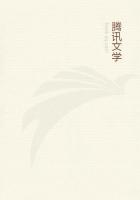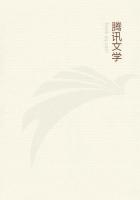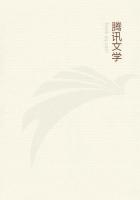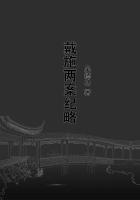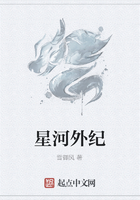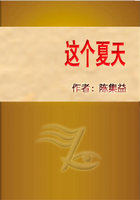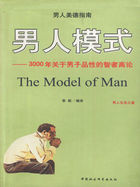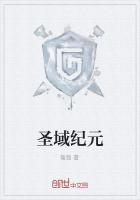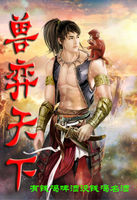Well-meaning people in England found it difficult to understand the intensity of feeling in America.Britain had piled up a huge debt in driving France from America.Landowners were paying in taxes no less than twenty per cent of their incomes from land.
The people who had chiefly benefited by the humiliation of France were the colonists, now freed from hostile menace and secure for extension over a whole continent.Why should not they pay some share of the cost of their own security? Certain facts tended to make Englishmen indignant with the Americans.Every effort had failed to get them to pay willingly for their defense.Before the Stamp Act had become law in 1765 the colonies were given a whole year to devise the raising of money in any way which they liked better.The burden of what was asked would be light.Why should not they agree to bear it? Why this talk, repeated by the Whigs in the British Parliament, of brutal tyranny, oppression, hired minions imposing slavery, and so on.Where were the oppressed?
Could any one point to a single person who before war broke out had known British tyranny? What suffering could any one point to as the result of the tax on tea? The people of England paid a tax on tea four times heavier than that paid in America.Was not the British Parliament supreme over the whole Empire? Did not the colonies themselves admit that it had the right to control their trade overseas? And if men shirk their duty should they not come under some law of compulsion?
It was thus that many a plain man reasoned in England.The plain man in America had his own opposing point of view.Debts and taxes in England were not his concern.He remembered the recent war as vividly as did the Englishman, and, if the English paid its cost in gold, he had paid his share in blood and tears.Who made up the armies led by the British generals in America? More than half the total number who served in America came from the colonies, the colonies which had barely a third of the population of Great Britain.True, Britain paid the bill in money but why not? She was rich with a vast accumulated capital.The war, partly in America, had given her the key to the wealth of India.
Look at the magnificence, the pomp of servants, plate and pictures, the parks and gardens, of hundreds of English country houses, and compare this opulence with the simple mode of life, simplicity imposed by necessity, of a country gentleman like George Washington of Virginia, reputed to be the richest man in America.Thousands of tenants in England, owning no acre of land, were making a larger income than was possible in America to any owner of broad acres.It was true that America had gained from the late war.The foreign enemy had been struck down.But had he not been struck down too for England? Had there not been far more dread in England of invasion by France and had not the colonies by helping to ruin France freed England as much as England had freed them? If now the colonies were asked to pay a share of the bill for the British army that was a matter for discussion.They had never before done it and they must not be told that they had to meet the demand within a year or be compelled to pay.Was it not to impose tyranny and slavery to tell a people that their property would be taken by force if they did not choose to give it? What free man would not rather die than yield on such a point?
The familiar workings of modern democracy have taught us that a great political issue must be discussed in broad terms of high praise or severe blame.The contestants will exaggerate both the virtue of the side they espouse and the malignity of the opposing side; nice discrimination is not possible.It was inevitable that the dispute with the colonies should arouse angry vehemence on both sides.The passionate speech of Patrick Henry in Virginia, in 1763, which made him famous, and was the forerunner of his later appeal, "Give me Liberty or give me Death, " related to so prosaic a question as the right of disallowance by England of an act passed by a colonial legislature, a right exercised long and often before that time and to this day a part of the constitutional machinery of the British Empire.Few men have lived more serenely poised than Washington, yet, as we have seen, he hated the British with an implacable hatred.He was a humane man.In earlier years, Indian raids on the farmers of Virginia had stirred him to "deadly sorrow," and later, during his retreat from New York, he was moved by the cries of the weak and infirm.
Yet the same man felt no touch of pity for the Loyalists of the Revolution.To him they were detestable parricides, vile traitors, with no right to live.When we find this note in Washington, in America, we hardly wonder that the high Tory, Samuel Johnson, in England, should write that the proposed taxation was no tyranny, that it had not been imposed earlier because "we do not put a calf into the plough; we wait till he is an ox," and that the Americans were "a race of convicts, and ought to be thankful for anything which we allow them short of hanging." Tyranny and treason are both ugly things.Washington believed that he was fighting the one, Johnson that he was fighting the other, and neither side would admit the charge against itself.

